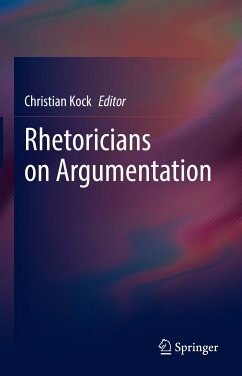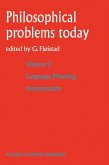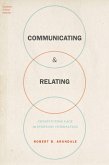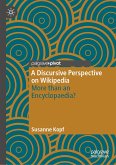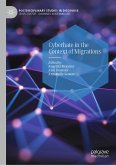This book, a rich collection authored by rhetorical scholars, unpacks how rhetoric contributes to argumentation studies. It begins with an introduction that identifies defining features of a rhetorical approach to argumentation which has several corollaries, including the special status of argumentation about action, the condition of uncertainty and the necessity of securing adherence from an audience. Chapters explore topics such as the properties of argumentation in the realm of rhetoric, the use of presentational devices, the role of rhetoric in the evolving formation of public morality, conditions for democratic argumentation, argument pedagogy, rhetorical insights into science communication, and other features within the realm of rhetorical argumentation. This book is relevant to students and researchers in linguistics, rhetoric, philosophy, argumentation studies, and communication studies.
Previously published as a Special Issue in the journal: Argumentation "Rhetoricians on Argumentation"
Dieser Download kann aus rechtlichen Gründen nur mit Rechnungsadresse in A, B, BG, CY, CZ, D, DK, EW, E, FIN, F, GR, HR, H, IRL, I, LT, L, LR, M, NL, PL, P, R, S, SLO, SK ausgeliefert werden.
Hinweis: Dieser Artikel kann nur an eine deutsche Lieferadresse ausgeliefert werden.

